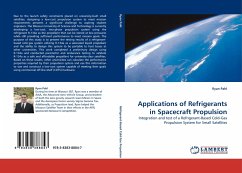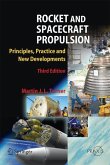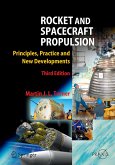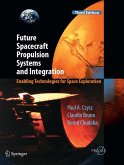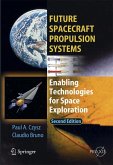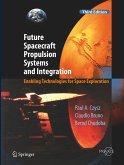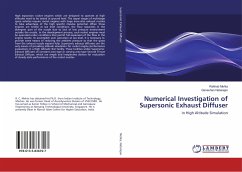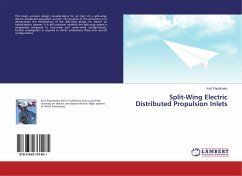Due to the launch safety constraints placed on university-built small satellites, designing a low-cost propulsion system to meet mission requirements presents a significant challenge to aspiring student engineers. The Missouri University of Science and Technology is currently developing a low-cost, two-phase propulsion system using the refrigerant R-134a as the propellant that can be stored at low pressures while still providing sufficient performance to meet mission goals. The purpose of this study is to present the testing results of a refrigerant-based cold gas system utilizing R-134a as a saturated liquid propellant and the ability to design this system to be portable to host buses at other universities. This work completed a preliminary design using R-134a and conducted parametric and endurance testing to validate R-134a as a safe and affordable propellant for university-class satellites. Based on these results, other universities can calculate the performance properties required by their propulsion system and use this information to size and construct a low-cost system capable of meeting their goals using commercial off-the-shelf (COTS) hardware.

